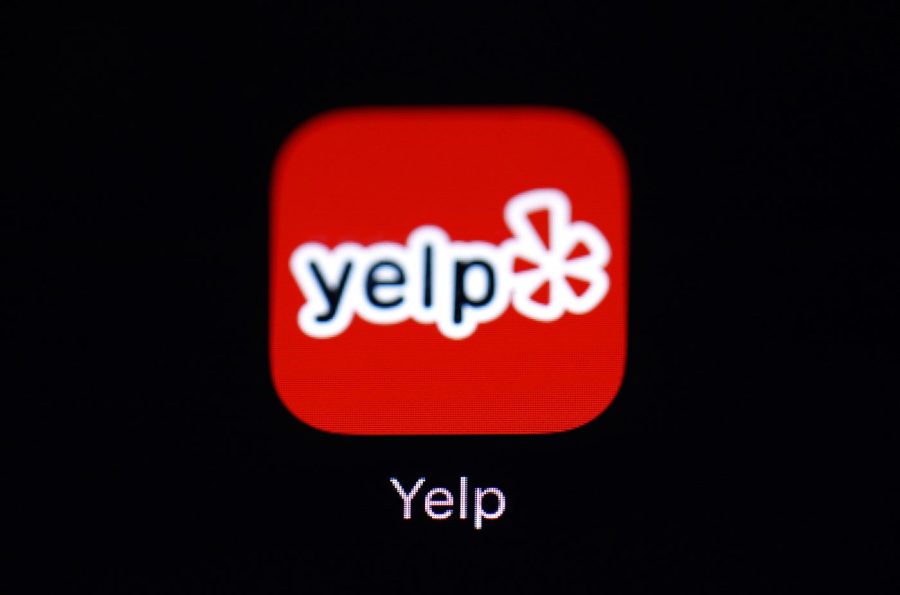Corporate America seeks to unravel FTC noncompete ban
The Federal Trade Commission’s (FTC) proposed ban on noncompete agreements has sparked a lobbying blitz from corporate America to weaken the rule or block it altogether.
The FTC estimates that one in five U.S. workers are bound by noncompete agreements, which limit or prohibit workers from taking a job at a competitor or starting their own business.
What’s at stake: FTC unveils proposal to ban noncompete clauses
These “widespread and often exploitative” contracts cost workers at least $250 billion in wages annually by reducing their earning opportunities, according to FTC Chairwoman Lina Khan, a Biden appointee who has sought to crack down on anti-competitive practices.
But corporate lobbying groups are pushing back on the rule, which they say would endanger trade secrets and hurt their ability to retain workers. They’re threatening to sue the FTC if it doesn’t rescind the proposal, arguing that the agency doesn’t have the authority to ban noncompetes.
The FTC proposal received nearly 26,000 comments as of Wednesday’s deadline to weigh in, signaling huge interest in the rule. Workers broadly voiced support for the ban along with a smaller number of companies.
Corporate America attacks noncompete ban
Hundreds of business groups, including the U.S. Chamber of Commerce, American Bankers Association and National Retail Federation, penned a letter this week calling on the FTC to withdraw the rule.
The wide range of business interests wrote that noncompetes go hand-in-hand with protecting intellectual property and investing in workers through upskilling programs. They argued that while the FTC has the authority to sue companies over “unfair methods of competition,” it cannot issue broader regulations on the matter.
“Nothing in the FTC Act shows a hint of a decision by Congress to allow the Commission to invalidate contracts affecting tens of millions of workers, particularly given that Congress itself has recently considered legislation that would regulate noncompetes,” the groups wrote.
The Chamber has vowed to sue to block the FTC rule if it is finalized. Legal experts say the rule is susceptible to legal challenges relating to the agency’s authority.
The proposal was more aggressive than legal experts expected. It unwinds existing noncompetes and doesn’t exempt any industries or high-wage employees. As such, business groups are pushing the FTC to scrutinize noncompetes on a case-by-case basis, rather than ban them outright.
Robyn Boerstling, vice president of workplace policy at the National Association of Manufacturers, said the FTC should withdraw the proposal in favor of a “more tailored approach that allows for sensible exemptions,” citing intellectual property risks.
“Manufacturers use noncompete agreements only for select workers handling their most sensitive information, which cannot be allowed to fall into competitors’ hands,” Boerstling said.
Citing a shortfall of healthcare workers, the American Hospital Association told the FTC that the noncompete ban “must specifically exempt physicians and senior hospital executives or, more generally, highly-skilled, highly-compensated employees.”
That sparked a wave of comments from doctors supporting the FTC ban. They argued that noncompetes increase the risk of burnout and reduce patient access to care by preventing doctors from practicing for a certain period of time after leaving their jobs.
“Physicians should have a right to work and move freely just like every other person. Physicians are the value creators,” Colorado-based physician Prerna Gupta wrote in a comment to the FTC.
Proposal draws significant support

Online review site Yelp backed the proposal in a letter to the FTC, stating that the rise in remote work and patchwork of state laws prohibiting noncompetes will create major headaches for employers.
Yelp wrote that a noncompete stymied its attempt to hire an executive away from Groupon, which brought a lawsuit against the employee even though they lived in Washington state, which has banned the agreements.
“The differences and nuances of the various states’ approaches are likely to create uncertainty as more employers adopt remote nationwide workforces,” Yelp told the FTC.
Yelp said that it is able to protect trade secrets through confidentiality agreements. The company noted that California is the epicenter of technology startups despite having banned noncompetes for over 150 years, arguing that the intellectual property risks of the ban “are likely overstated.”
Small businesses line up behind noncompete ban
The rule has drawn support from some small business groups. An online survey released last week by Small Business Majority found that nearly six in 10 small business owners support the noncompete ban. Just 14 percent of respondents voiced opposition to the proposal.
“How can a new business break into the market if the would-be founder is bound by a noncompete? Or if all the qualified workers are tied up by larger companies with the resources to afford repeated litigation?” Khan told the left-leaning small business group on a recent conference call.
Khan said that the survey “really enhances our understanding about how these pervasive contracts directly affect small business owners.”
Eighteen Democratic-run states and D.C. are also urging the FTC to follow through on the noncompete ban. They cited a study showing that low-income workers in Oregon saw their wages rise after the state banned noncompetes for certain employees.
Labor unions, meanwhile, are pushing the FTC to ensure that the ban also applies to agreements that force employees to repay training costs if they leave the company.
Copyright 2023 Nexstar Media Inc. All rights reserved. This material may not be published, broadcast, rewritten, or redistributed. Regular the hill posts







